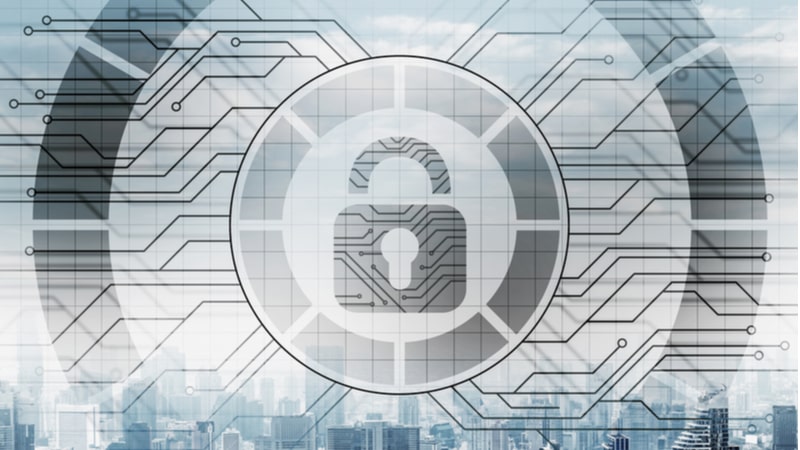
Richard Bird is an Army veteran and an internationally recognized identity-centric security expert who has been a CIO and CISO and the global head of identity for JP Morgan Chase. Now, he is chief customer information officer for Ping Identity.
As a veteran, Bird has multiple accounts and personas – “identities” – in government systems. This identity proliferation creates “tremendous amounts of operational overhead and … tremendous gaps and weaknesses within our security frameworks,” he observes in a new MeriTV interview about the Federal mandate to move to zero-trust architectures.
To close those security gaps, the government needs a well-defined, identity-centric security architecture that consolidates and federates identities, he says. For example, “instead of me being multiple personas across all of the agencies that are associated with my veteran experience, there’s just one [identity],” Bird notes.
Identity, in fact, is the core of zero trust – a security concept that says organizations must verify anything and everything trying to connect to and act within their systems before granting permission. No person or action is inherently trusted.
“Zero trust is actually dependent upon identity-centric security in order to achieve the data-centric security the zero trust models and embraces,” Bird says. “If you execute on a zero-trust strategy and your identity foundation is not rock solid, you can’t achieve zero trust.”
President Biden’s Executive Order on Improving the Nation’s Cybersecurity (EO), issued in May, directs agencies to develop plans to implement zero-trust architecture.
“The focus on zero trust by the administration is the right pathway to take in order to reduce our exposures and risks within our own organizations,” Bird says.
On MeriTV, Bird addresses:
- The state of identity in the Federal government today
- How agencies can build upon identity, credential, and access management programs to get to zero trust
- How to create an agile identity infrastructure
- Actionable strategies for meeting the requirements of the EO
There’s no better time to advocate for creating better digital identities in the government, Bird adds. “It will yield much better experiences for our citizens and our constituents around the country in terms of their services and benefits, and it will yield a better society where there is accountability, as well as transparency, associated with our digital selves.”
For more insights, check out the full interview.
